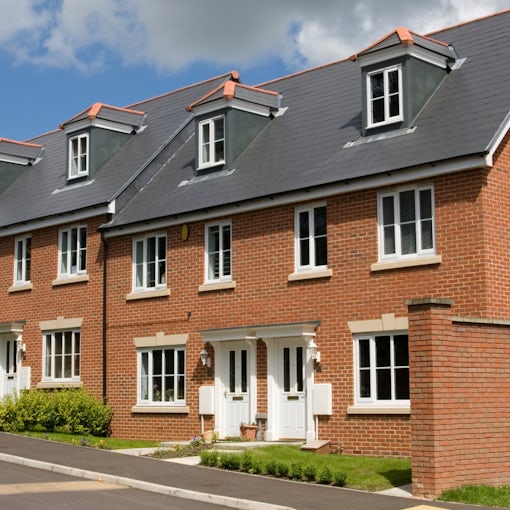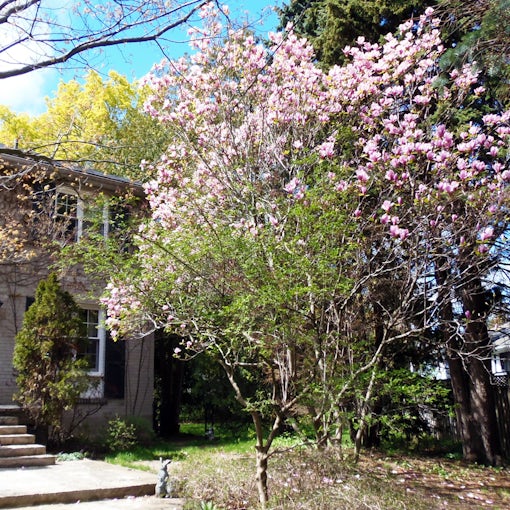Believe it or not, there are many ways you could decrease your home’s value. And while most of us are aware of the major factors affecting the price of a home – location, overall condition, transport links and amenities – some of us may overlook the smaller details that could well decrease the value of the house and potentially steer away a potential buyer.
Improvements
There are three things you could be doing wrong when making improvements to your home. First of all, attempting DIY if you can’t DIY. Not only could this end up decreasing the value of your home if done poorly but it could end up cost you more money if it goes wrong or has to be redone.
Secondly, when planning your renovations you should focus on improvements that are both in-demand and provide a good return on investment. If the property is not your forever home, sometimes it is beneficial to scale back on the personalisation of some of these upgrades, for example: your dream of having the perfect purple kitchen is probably not going to suit a broad array of buyers when you come to sell. Avoid overly unique or taste-specific design choices that may alienate potential buyers.
Another way is by making improvements without the proper permission or sign-offs, for example, an extension or re-wiring the property. This is most likely to crop up if you decide to sell your property and could cost you financially and you run the risk of your sale falling through should there be no agreeable resolution.
Bedrooms
Eliminating a bedroom has been identified as a definite method to diminish the value of your home as well. It is advised to avoid making excessive modifications, such as merging two bedrooms into one or replacing a bedroom with a bathroom. Having a greater number of bedrooms in your home translates to a higher potential price it can fetch. Listing prices are determined by examining the selling prices of similar homes in the same market, and the number of bedrooms serves as a crucial factor for comparing properties. Consequently, when bedrooms are removed, the comparable value of your home essentially undergoes a change.
Gardens
Certain plant species, such as magnolia trees, particularly those that are rare and mature, possess the potential to significantly increase the value of your home. Conversely, there are other plants that can have the opposite effect. Willow trees, for example, have the capacity to invade drainage systems and pipes, while oak trees can lead to subsidence issues by absorbing excessive moisture from the soil surrounding the house.
However, the most critical concern arises when Japanese Knotweed is present in your garden. This highly invasive and rapidly growing weed must be lawfully eliminated from your garden before you can sell. Failing to disclose the presence of this plant in your garden may result in incurring expenses for its removal after the sale and could even lead to a misrepresentation claim from the buyer.
Energy Efficiency
Homes with high energy costs due to poor insulation, outdated heating systems or inefficient windows can be less desirable to buyers. As the overall cost of energy rises in the UK, buyers are becoming increasingly more cautious of buying homes that could increase their bills after they move in. Enhance the energy efficiency of your home by improving insulation, installing energy-efficient windows, using energy-efficient appliances, and implementing sustainable solutions. Energy-efficient homes often have a higher market value and appeal to environmentally conscious buyers.
Neighbours
The relationships you have with your neighbours can indeed have an impact on the value of your property. For example, a harmonious and friendly neighbourhood is generally more appealing to potential buyers. Positive interactions with neighbours create a sense of community and contribute to the overall desirability of the area. This can attract more buyers and potentially increase property values. Strong relationships with neighbours can foster a sense of safety and security. Neighbours who look out for one another, communicate about security concerns, and actively participate in neighbourhood watch programs can create a safer living environment. On the other hand, a neighbourhood with a reputation for crime or lack of safety may lead to decreased property values.
Negative relationships or conflicts with neighbours can contribute to a negative reputation for the neighbourhood. Word-of-mouth spreads quickly, and a neighbourhood known for disputes or strained relationships may become less attractive to potential buyers, leading to a potential decrease in property values.









